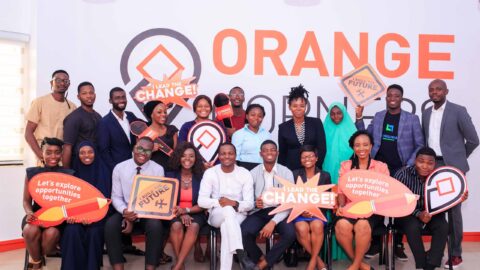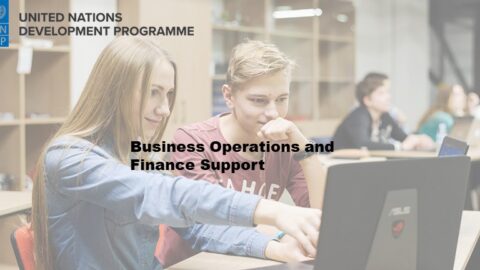The goal of the ETH4D Humanitarian Action Challenges is to support project-based research between ETH Zurich researchers and EPFL researchers and the International Committee of the Red Cross (ICRC) to leverage science and technology for a greater impact of humanitarian action.Researchers submitting an application for the Humanitarian Action Challenges are strongly encouraged to review these ICRC priority areas.
Despite unprecedented progress in poverty reduction over the last 25 years, around 800 million people still live on less than two dollars per day, without adequate access to food, drinking water, electricity, mobility, and other basic services.At the same time, many countries struggling with extreme poverty are currently among the most dynamic economies in the world, creating new opportunities to use innovative approaches to address social and environmental challenges.The rapid expansion of mobile phone technology and solar energy have had tremendous impacts on development over the past ten years. Now technologies such as digitization, 3D-printing, block chain, remote sensing, and robotics might offer the same promise.
WORTH
- Grant Sum: 50 – 300 kCHF
- Matching Funds: The main applicant and potential co-applicants from the ETH domain (excluding EPFL) must provide matching funds corresponding to at least 25% of the requested grant. Matching funds can come from third-parties or professorship reserves. Staff costs of doctoral students, post-docs and research assistants in Switzerland that are not funded by the grant count as matching funds.
ELIGIBILITY
- Proposals need to address a clearly defined research question that has the objective of increasing the impact of humanitarian action. Humanitarian Action Challenges must develop, test, evaluate or implement an innovative product, policy or service – involving a technology that responds to a specific humanitarian challenge.
- The team must consist of at least one main applicant from ETH who holds a PhD, and at least one partner from the ICRC.
- It is encouraged (but not mandatory) to have one partner from a low- or lower-middle-income country, one from EPFL (which allows for a parallel external page submission) or a partner from another humanitarian organisation.
- Partners from the rest of the ETH Domain (PSI, WSL, Empa, and Eawag) are welcome to join as co-applicants.
- If the main applicant is not an ETH professor, a letter of commitment by the ETH host professor or head of the unit, indicating their financial contribution to the project, must accompany the proposal.
- Eligible Regions: Open for all.
DEADLINE;FMarch 21, 2024
To apply and for more information visit here






